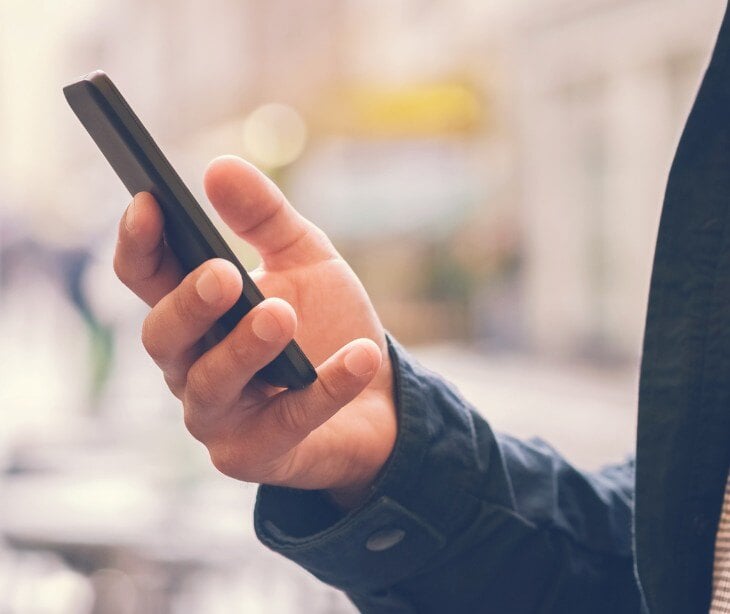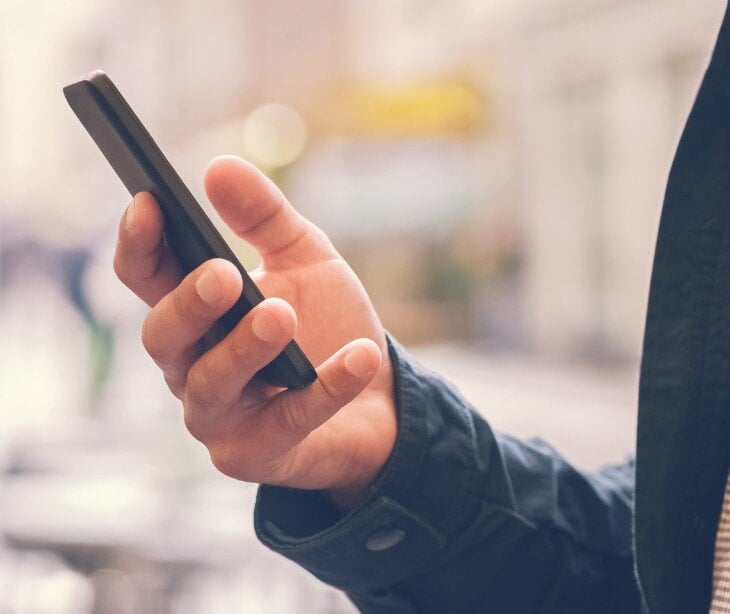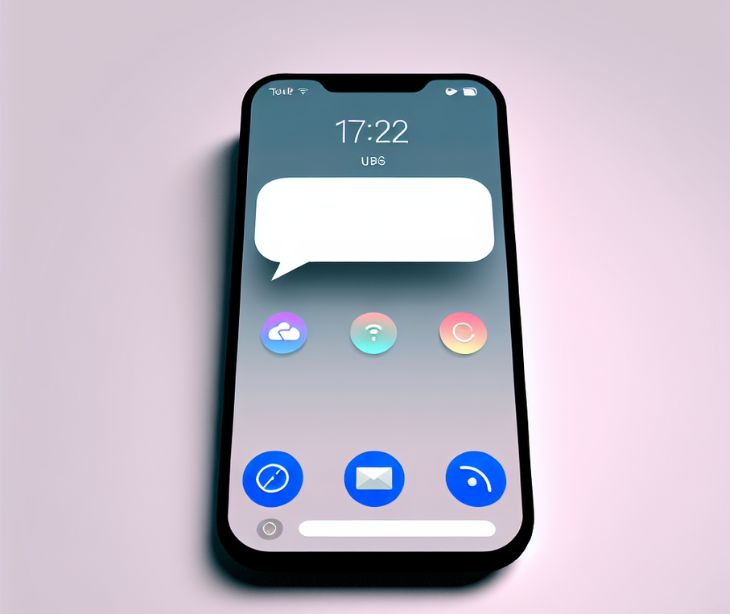
While texting itself is not inherently a HIPAA violation, there are instances where it can potentially compromise the privacy and security of protected health information (PHI). Some factors determine HIPAA compliance in texting, scenarios where violations may occur, and essential precautions that healthcare professionals must be aware of to avoid potential risks.
HIPAA and protected health information (PHI)
HIPAA sets forth regulations that govern the privacy and security of PHI. Protected health information includes any personally identifiable health information, such as medical records, treatment plans, and billing details. The sensitivity of PHI necessitates robust safeguards to maintain patient confidentiality and integrity.
Related: What are the 18 PHI identifiers?
HIPAA compliance and texting
While HIPAA does not explicitly address texting, it applies to all forms of electronic communication, including text messages. Texting can be HIPAA compliant if appropriate security measures are in place to protect PHI. However, non-compliant texting practices can lead to potential violations.
Related: HIPAA’s security rule and text messaging
Ensuring HIPAA compliance in texting
- Encryption and secure messaging platforms: Encryption ensures that PHI remains confidential during transmission and storage. Secure messaging platforms specifically designed for healthcare communication provide additional safeguards.
- Authorized recipients and access controls: Text messages should only be sent to authorized individuals involved in patient care, minimizing the risk of unauthorized access. Implementing access controls further enhances security.
- Employee training and awareness: Educating healthcare professionals on HIPAA regulations and secure texting practices helps mitigate potential violations. Regular training ensures staff know the risks and understand the importance of compliant texting.
When texting might be a HIPAA violation
While texting itself is not inherently a HIPAA violation, these scenarios can result in noncompliance:
- Unsecure transmission: Sending text messages without encryption or through unsecured channels can compromise the confidentiality of PHI. Messages transmitted over public Wi-Fi networks or unsecured messaging apps pose risks.
- Unauthorized access: Sharing text messages containing PHI with individuals not involved in patient care can breach HIPAA regulations. Ensuring messages are sent only to authorized recipients is crucial.
- Misdirected messages: Accidentally sending text messages to the wrong recipients may expose PHI to unauthorized individuals. Care must be taken to verify recipients before sending sensitive information.
Risks and consequences of non-compliant texting
- Privacy breaches and compromised patient information: Inadequate safeguards increase the likelihood of unauthorized access, potentially leading to privacy breaches and the compromise of PHI. Such breaches can have severe consequences for individuals and organizations.
- Legal consequences and penalties: Violations of HIPAA can result in significant financial penalties and legal repercussions for healthcare providers and organizations. Fines can range from thousands to millions of dollars, depending on the severity of the violation.
- Reputational damage: Noncompliance can damage the reputation and trustworthiness of healthcare entities. Patients and stakeholders expect healthcare organizations to handle their information securely. Breaches can erode trust and impact patient confidence.
Texting can be HIPAA compliant if proper security measures are in place to protect PHI. While texting itself is not inherently a HIPAA violation, healthcare organizations must exercise caution and ensure the secure transmission of patient information.
Related: HIPAA compliant email: the definitive guide
Subscribe to Paubox Weekly
Every Friday we bring you the most important news from Paubox. Our aim is to make you smarter, faster.




